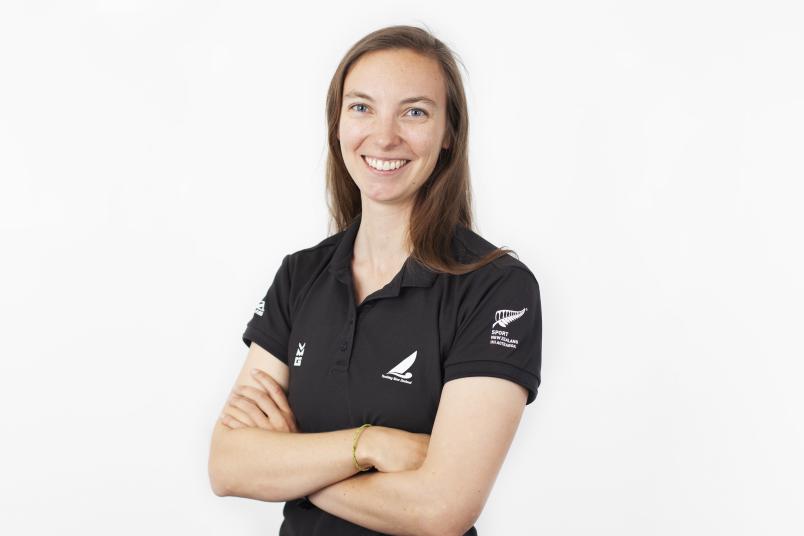One good thing about the winter and spending less time on the water, is that I get to connect with coaches – experienced and aspiring – from around the country.
This winter was no exception: I visited several regions and ran coaching forums in Wellington, Whangārei, and Christchurch.
A total of 40 coaches attended these forums, hosted the day prior to the coaching courses. The forums were aimed at providing a space for coaches to interact and find practical solutions to their challenges and I was pleasantly surprised with the insightful discussions and the ideas for strengthening club programmes this summer.
While all the sessions were unique in their own ways, a few themes emerged – with some common problems that many yacht clubs face.
1. Spicing things up
Creating your own sailing games is a good way to freshen up your programmes – identifying a sailing skill you want to teach and finding a way to make it fun. Constantly including feedback from your sailors on how to make it more fun for next time is important. Check out our online resources or visit our Facebook and Instagram pages for the Game of the Week, posted throughout summer.
2. Retaining coaches
This topic often leads to the paid vs volunteer coach debate. Many clubs find that paying their coaches leads to better retention as their coaches are then less likely to be lost to other paid employment, while providing opportunities for coaches to upskill and grow is also important.
3. Retaining sailors
Getting (and keeping) more sailors into club days and involved in the yacht club was a recurring theme and there are several reasons clubs may be struggling with this. A few basic questions can help to narrow it down: Is your yacht club a place where all young people of different genders and backgrounds – feel like they belong? How competitive is the atmosphere? And how much time are you asking from those who attend?
Young sailors need to see themselves at the club, having fun. Many kids may not be looking for intense competition or may not want to race. Are there alternatives you can provide so everyone can have fun on the water, and is your club racing or event an all-day occasion, or can people duck in and out and only spend an hour or two there? Many people are looking for more flexibility in programmes as their lives are becoming increasingly busy.

Yachting New Zealand's coach development manager Kirsten Moratz.
4. What’s next in the coaching pathway?
If you have taken a Learn to Sail (Dinghy) coach course and have received your buddy or assistant coach qualification, you can apply to upgrade online once you meet the age requirements. Or, if you’ve been coaching for a few years, try out the race coach course – it will help you develop your reflective skills and learn more about coaching and learning styles. This is an online course that anyone in New Zealand can do. You can click here for more information or get in touch at kirsten@yachtingnz.org.nz if you have something specific you want to upskill in.
5. Getting parents involved
Parents’ involvement in the programmes is invaluable to retaining sailors. They want to help, and your job is to find the right avenue to direct that energy. You could run an information session on launching/rigging and washing down/de-rigging ribs so that parents can help with that while you assist your sailors. You could also get parents to give sailors a hot drink and a snack when they come in from shore. It’s important to make them feel valued, involved and appreciated.
This year has been a productive one for our coaches around the country – around 140 new coaches have completed either their assistant coach, buddy coach or Learn to Sail coaching qualifications since the start of 2024.
It’s encouraging to see that, despite the challenges highlighted at these winter forums, interest in becoming a sailing coach is as healthy as ever.
Equally heartening is the creative solutions our groups came up with at these sessions.
It all bodes well for an exciting season of sailing, and I can’t wait to see our new coaches in action.
Kirsten Moratz is Yachting New Zealand's coach development manager.




